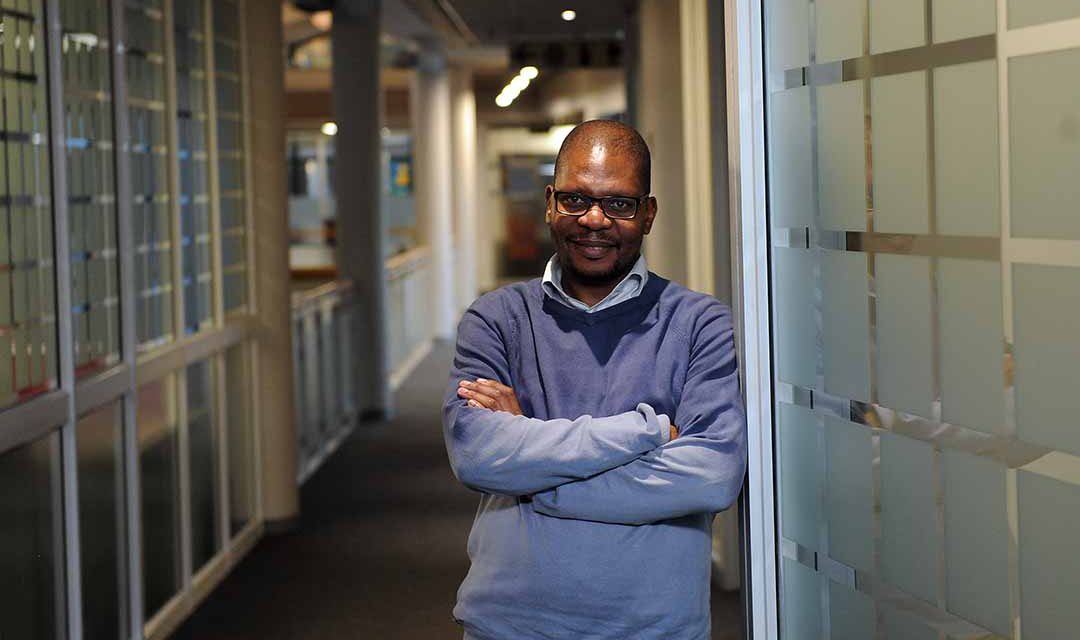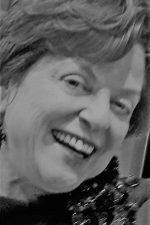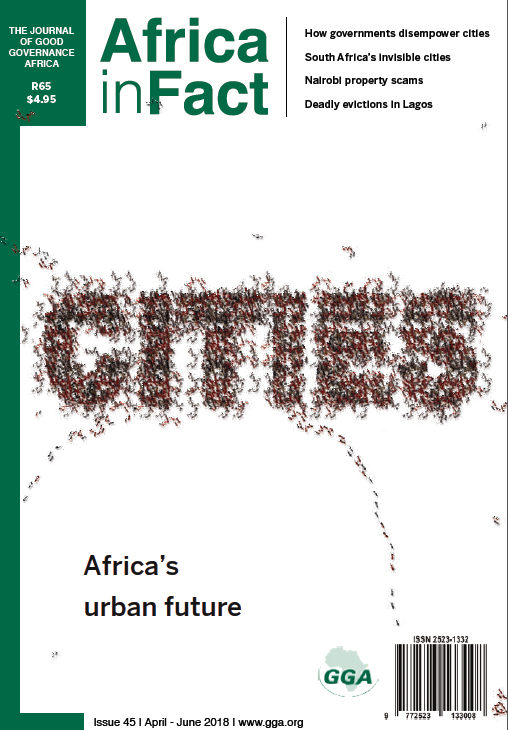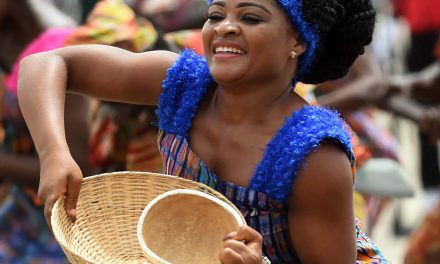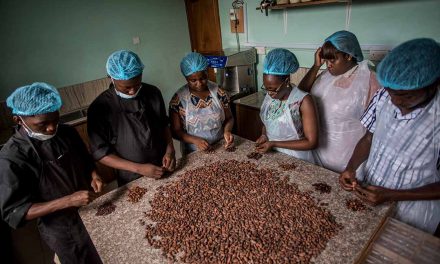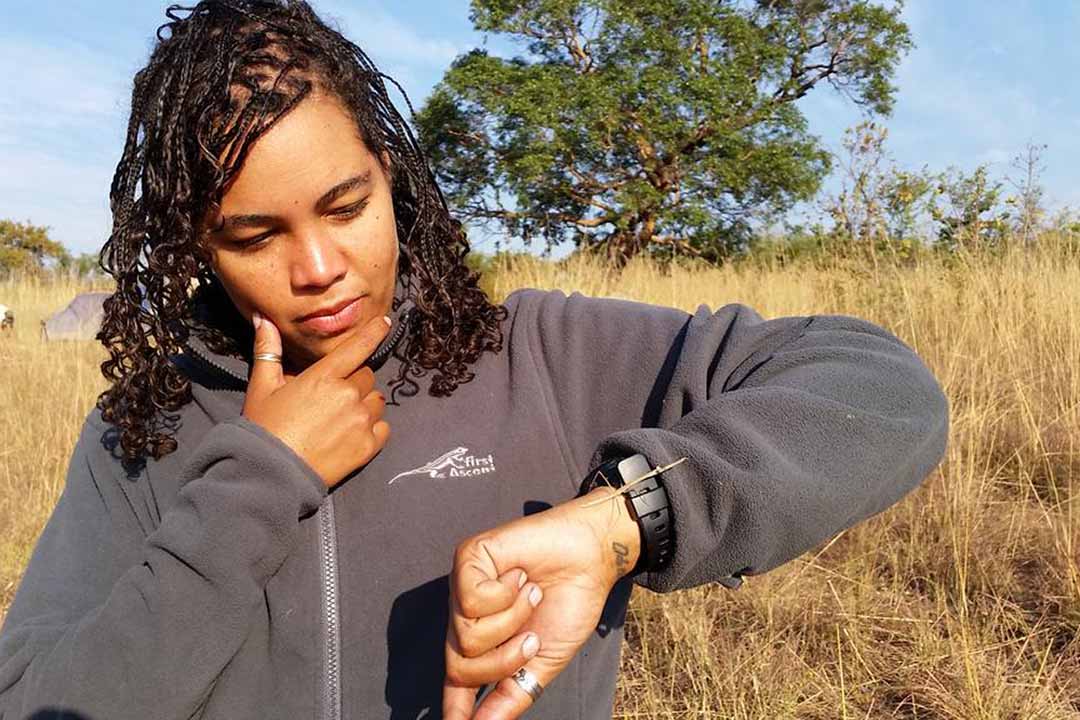Profile: Mondli Makhanya
Veteran newspaper editor Mondli Makhanya describes himself as an idealist who believes the mainstream media still has the power to bring about change
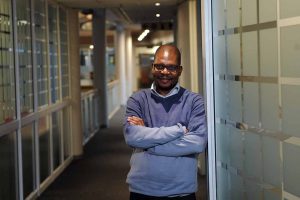
When Mondli Makhanya says the media landscape is ‘‘tough all around’’, he knows what he is talking about. When he was editor of South Africa’s biggest weekend newspaper, the Sunday Times, from 2004 to 2010, it peaked at a circulation of 504,000. Today, according to statistics for July – September 2019 from the country’s Audit Bureau of Circulations, circulation now stands at 220,857. Makhanya is now editor of another South African Sunday paper, City Press, whose readership is “about 40,000’’, he says. More precisely, 39,172 for the third quarter of 2019. Yet these declining numbers don’t bother Makhanya too much. He is ever the optimist or, as he puts it, an idealist. He believes in the press, in its power to bring about change, “to build a good South Africa’’. “I still believe we play an immense role,’’ he says. “People say [the mainstream media have] gone backwards. I don’t agree with that. I think the mainstream media are still very strong. The weekend press is still very strong. There is still a lot of investigative journalism.’’
Makhanya cites past South African media exposés of impact such as the arms deal [a controversial $4.8 billion military procurement programme Nelson Mandela’s ANC government embarked on in 1999, which has been dogged by allegations of corruption]. As another example of mainstream media’s success in reporting, he said that [former president] Thabo Mbeki would have gotten away with his now-notorious AIDS denialism if South Africa’s media had been weak. In the early 2000s, the former president and his then-health minister, Manto Tshabalala-Msimang, introduced policies “denying citizens life-saving anti-HIV drugs”, according to Time, which reported in 2012 that their policies may have cost 365,000 South African lives, as indicated by a Harvard University study. In recent years, South African media outlets have also submitted former president Jacob Zuma’s association with the Guptas to close scrutiny. Extensive media investigations implicated the former president, with members of this Indian-born family, in large-scale corruption, including the “capture” of state-owned enterprises and government ministers, says Makhanya.
The media were also instrumental in exposing the scandal of Nkandla, which saw elements of Zuma’s private residence built with taxpayers’ money. “It was the media that was at the forefront of exposing [these things]. We are not activists, but we do what we do for good,” Makhanya told Africa in Fact. As a result of such investigations, people in power have learned to “fear the media”, he says. “The phone calls that we get – people pleading, people asking us to see things from their side. I am in the middle of it. I get the calls … the interventions. People take the media very seriously [now].” In countries with robust media, people in positions of responsibility, whether in the state or in business, take care not to attract media attention if they can. “Even if they are going to be doing wrong, they do wrong very carefully,’’ he adds, smiling. However, the future might be different, he warns. “There will be a point where there will not be a physical City Press, [for example]’’ he says. “There was a time when print media treated digital media as a threat because it was taking away our readership. But actually it’s not. Society evolves, humanity progresses.
Once upon a time we all had landlines, and now we have mobile phones. So I think we should not see ourselves as being in the business of newspapers solely. We are in the business of news. News is becoming digital. We must accept that.” Most digital platforms in South Africa are now linked to a newspaper because it is “their natural evolution – the newspaper into the digital space’’, he says. Don’t try to follow Makhanya on social media, though. He’s there somewhere keeping an eye on things, but mostly not under his own name. Google him and his cheeky columns come up, but not much about him. So you might find comments such as: “Jacob Zuma, who would deny that he was stealing even if his hand was caught in a mouse trap while he was trying to help himself to cheese-bait’’ from his column of 22 April, 2019. Or: “So the ANC is going to put qualified people in charge of the country’s affairs and even make sure that they do their jobs. Yhoh!’’ (27 January, 2020). But you won’t read that he spent 10 years in a rural part of South Africa’s KwaZulu-Natal province fetching water from the river and wood from the forest and ploughing the land while living with his grandparents.
Nor will you learn that he attended private Catholic schools, first as a primary school boarder and then later St Henry’s Marist College in the KwaZulu-Natal coastal city of Durban. Or that his mother, Thoko Makhanya, now 78, was a UDF activist who has turned her energy to campaigning against genetically-modified foods as a board member of environmental justice NGO Biowatch. One of his few non-journalistic outputs online is a verbatim transcript of his submission to South Africa’s Truth and Reconciliation Commission (TRC) in September 1997. As an executive member of the Forum of Black Journalists (FBJ), Makhanya’s comments included: “The aim of the FBJ is to effect change in the media structure in this country, to equip black journalists to be on the same par as their white counterparts, those of them who are good, obviously’’ – a typical Makhanya jab. You will find a reference to his six month stint at Newsweek in New York after his internship but no detail of his first day in the city where he had two aims: watch every television channel and drink the Budweiser he had seen in the movies and on TV.
So he bought a case of the beer and sat down to surf the channels. After the first Budweiser, he thought he would get used it. He says he “lasted’’ the second one, but couldn’t finish the third. “And I had bought a case. So it’s 24. Don’t judge me, I went and gave my case to a homeless man. The guy couldn’t believe his luck.’’ Makhanya says he loved every second of those six months, which “was the best experience I could ever have. I worked in the research department; it teaches you detail. And also how to get it right, because it’s the tiniest, tiniest stuff [that counts]. Should there be comeback, it’s not the reporter in the field who gets nailed – you, the editor, get nailed.” He never went to Rhodes University in South Africa’s Eastern Cape province to study journalism, as many others did at the time, even though that was originally the plan. He did want to go, but he had also applied for a place on a journalism training course at The Weekly Mail, the forerunner of the Mail & Guardian. “I loved writing, I loved language, I loved politics, I loved history. And I lived in KwaMashu, where we [kids] were on the streets.
I felt that journalism would be the way – I was an idealist – to change the world.” He weighed up the possibilities the next year, 1990, would bring, considering that all the anti-apartheid activists imprisoned after the Rivonia treason trial in 1963-4, except Nelson Mandela, had been released: “Did I want to be in a small town in the Eastern Cape or on a newspaper in Johannesburg?’’ He chose the latter, and never looked back. “It was the best decision ever,’’ Makhanya says. As he had predicted, it would be a pivotal news year, beginning with Mandela’s release on 11 February, 1990. As a trainee he was cheap labour. With few resources on the paper, he was thrown into the deep end, he says. He thought a major historical milestone had been reached when the exiles returned to the country, some after years away, others after decades. “The Joe Slovos, the Chris Hanis and all these gods … The guys I’d left behind in KwaMashu still revered these people, [but for me] that soon dissipated, because I learned they are human beings.
We were asking them tough questions and they were ducking and diving. Being thrown into the deep end, as I was, helped demystify such ideas.’’ He discourages prospective journalists from studying journalism. “I would say study something else.’’ Better than journalism studies, he believes, is to acquire knowledge “of your country and the world’’, especially by reading. “Reading, reading, reading, that’s what I always say.’’ However, he admits that he has been impressed with the recent cohort of journalism graduates from the University of the Witwatersrand in Johannesburg and Stellenbosch University in the Western Cape. And he also believes in staying idealistic. A director of the World Justice Project, Makhanya says he loves it because it’s what he believes in. “I am still an idealist. I believe in a rules-based society. Not rules as in Sharia rules, but constitutional rules. We must be a country that respects laws, a country that respects justice, a society that respects people’s rights, a country that respects equality and that strives for maximum freedoms.
He sings the praises of journalists elsewhere in Africa, which he is known to refer to as “deepest, darkest’’ for the cliched way the continent is often portrayed. “People call us courageous in South Africa for standing up to power, but our colleagues elsewhere on the continent – that is proper courage, because they do their jobs with a lot fewer resources than we do. “A lot of great journalism happens on the continent, which exposes people under very, very harsh conditions, where there could be definite reprisals. There are countries where people have disappeared, have been killed, have been locked up, and where there are laws about insulting the president.” He believes that South African media need to defend every inch of their space, and continue to fund and publish robust reporting. “Exercising our freedoms here – in a way it’s an act of solidarity with colleagues elsewhere on the continent who don’t have the rights we enjoy.’’ Makhanya is honoured to be in the seat of his childhood hero, the late Percy Qoboza, as editor of City Press. “In terms of the circle of my life, it is the last editorship I will have.
I am old and I’ve done [everything I wanted to],’’ he says, growing animated. But there’s nothing old about Makhanya. Not the number of years he has lived, not his appearance, nor his passions and zest for life and for seeking the truth.Though he is a leader in African media, achieving high positions simply for the sake of it does not appeal to him. “When my editorship is over, I would dearly love to do go back to reporting,’’ he says. “We are reporters: that’s what we are.’
Gillian Anstey runs Gill’s Media, which specialises in writing and editing as well as conceptualising and project managing publications. She worked at the Sunday Times in Johannesburg for 20+ years, most of it as deputy editor of the Opinion section. When she does sit still, she practises the piano.

